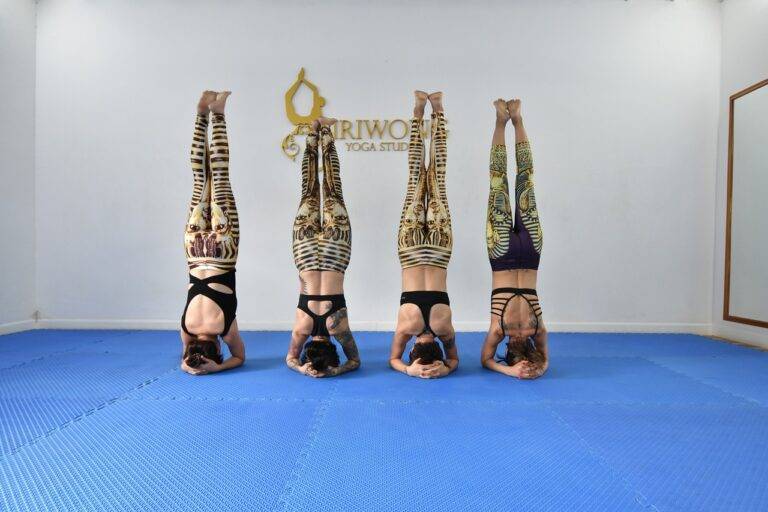Sustainable Fashion: Ethical Brands and Practices in the Fashion Industry
As the fashion industry continues to evolve, ethical fashion brands are taking center stage by prioritizing sustainable practices in their production processes. These brands are redefining the industry by embracing eco-friendly materials, reducing waste, and promoting fair labor standards. By incorporating these principles into their business models, they are setting a positive example for the future of fashion.
Through their commitment to sustainability, ethical fashion brands are not only reducing their environmental impact but also inspiring other companies to follow suit. By focusing on transparency, ethical sourcing, and ethical practices, these brands are promoting a more mindful approach to fashion consumption. As consumers become more aware of the social and environmental consequences of their purchasing decisions, ethical fashion brands are leading the way towards a more sustainable and responsible industry.
The Impact of Fast Fashion on the Environment
Fast fashion has become synonymous with rapid production and disposal of clothing items, leading to a significant strain on the environment. The constant demand for new styles at low prices has resulted in excessive use of water, energy, and chemicals in the manufacturing process.
Moreover, the fast fashion model promotes a culture of disposable clothing, with many items ending up in landfills after being worn just a few times. This not only contributes to overflowing landfills but also increases carbon emissions due to the production, transportation, and disposal of these garments.
Fair Trade and Transparency in the Fashion Supply Chain
Fair trade practices in the fashion industry focus on ensuring that workers are paid fair wages and are provided safe working conditions. This includes promoting transparency in the supply chain to track the journey of a garment from production to sale. Consumers are increasingly seeking out brands that prioritize fair trade principles in their operations.
Transparency in the fashion supply chain is crucial for building trust between brands and consumers. By sharing information about where and how products are made, brands can demonstrate their commitment to ethical practices. This transparency also holds companies accountable for their actions and empowers consumers to make informed choices about the clothes they purchase.
• Fair trade practices in the fashion industry prioritize fair wages and safe working conditions for workers
• Transparency in the fashion supply chain allows consumers to track the journey of a garment from production to sale
• Consumers are increasingly seeking out brands that prioritize fair trade principles in their operations
• Sharing information about where and how products are made builds trust between brands and consumers
• Transparency holds companies accountable for their actions and empowers consumers to make informed choices about their purchases.
What are ethical fashion brands doing to lead the way in sustainable practices?
Ethical fashion brands are incorporating fair trade principles into their supply chains, using eco-friendly materials, and ensuring transparency in their production processes.
How does fast fashion impact the environment?
Fast fashion contributes to environmental degradation through high levels of water and energy consumption, excessive waste generation, and pollution from chemicals used in production processes.
What role does fair trade play in the fashion supply chain?
Fair trade ensures that workers are paid fair wages, work in safe conditions, and have access to opportunities for development. It also promotes transparency and accountability in supply chains.
How can consumers support fair trade in the fashion industry?
Consumers can support fair trade by choosing to purchase from ethical fashion brands that prioritize fair labor practices, transparency, and sustainability in their supply chains.







